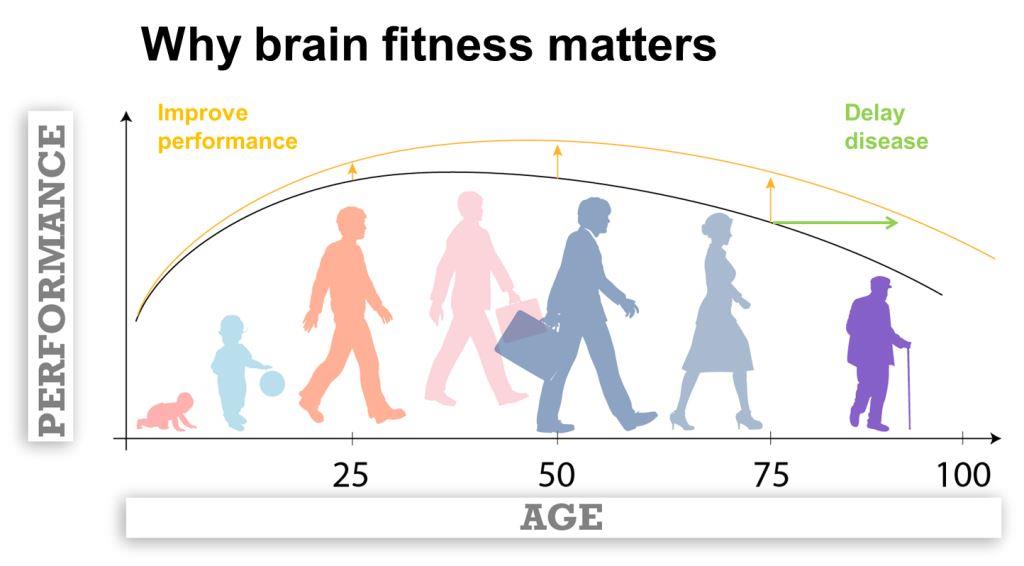In Honor of Brain Awareness Week 2014, ICAA & SharpBrains Bring You…
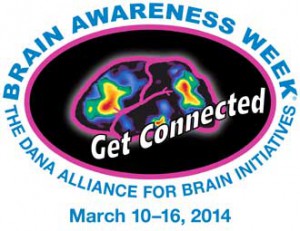 The SharpBrains Guide to Brain Fitness:
The SharpBrains Guide to Brain Fitness:
How to Optimize Brain Health and Performance at Any Age
- 284 pages
- Paperback: USD 15.95
- E‑book: FREE from Wednesday, March 12th, until Friday, March 14th (normally
USD 9.95) - Publisher: SharpBrains Incorporated; 2 edition (April 2013)
.
–> Click HERE to Learn More and Download E‑book for free via Amazon portals
Modern life places extraordinary demands on our brains. Not only do we live longer than ever before, but we must constantly adapt to complex and rapidly evolving personal and professional realities. Yet, we often ignore our most precious resource to do so: our brain.
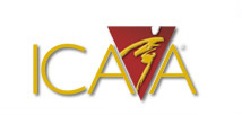 The SharpBrains Guide to Brain Fitness cuts through the clutter of misconceptions, superficial and conflicting media coverage, and aggressive marketing claims, to help readers discover what really works, and what doesn’t, to improve brain health and performance at any age, to delay or prevent cognitive decline, and become smarter consumers of both media coverage and scientific research in the process.
The SharpBrains Guide to Brain Fitness cuts through the clutter of misconceptions, superficial and conflicting media coverage, and aggressive marketing claims, to help readers discover what really works, and what doesn’t, to improve brain health and performance at any age, to delay or prevent cognitive decline, and become smarter consumers of both media coverage and scientific research in the process.
With useful, pragmatic and personalized tips and suggestions that are easy to implement, the SharpBrains Guide offers a groundbreaking new approach for self-assessing current brain fitness needs and identifying the most relevant and evidence-based methods to preserve and enhance brain function throughout life. Whether your goal is to become more resilient, enhance memory, ward off Alzheimer’s disease, or simply improve mental focus to perform better at work, this how-to guide shows you exactly how to “use it or lose it.”
This new and much-expanded edition of the guide AARP named a Best Book on Brain Fitness combines a user-friendly tutorial on how the brain works with advice on how to choose and integrate lifestyle changes and research-based brain training. Featuring an independent analysis of hundreds of scientific studies published in the last 10 years, the book also includes in-depth interviews with 20 leading scientists who often challenge conventional wisdom and prevailing brain health thinking and care.
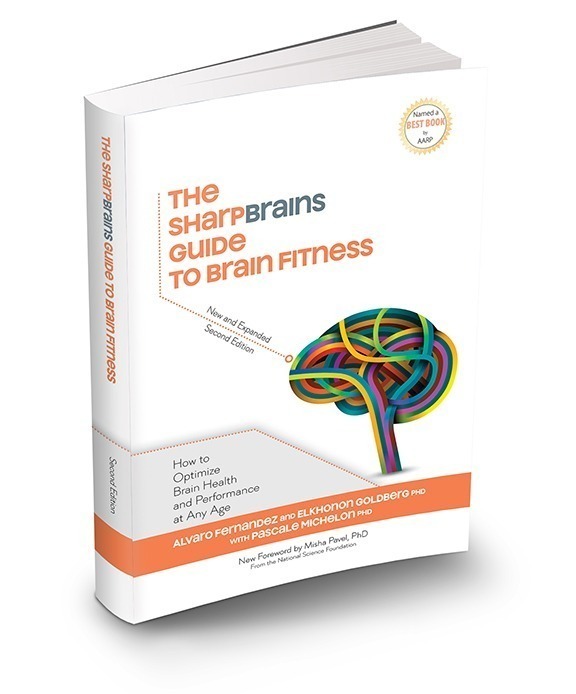 A thought-provoking, practical and captivating read, the SharpBrains Guide makes the fascinating and complex subject of brain function and neuroplasticity easy to digest with its common sense approach. It’s time to rethink, and to truly apply, “use it or lose it.”
A thought-provoking, practical and captivating read, the SharpBrains Guide makes the fascinating and complex subject of brain function and neuroplasticity easy to digest with its common sense approach. It’s time to rethink, and to truly apply, “use it or lose it.”
Authors:
 (co-author) Alvaro Fernandez, named a Young Global Leader by the World Economic Forum in 2012, is the CEO of SharpBrains, a leading independent market research and think tank tracking health and well-being applications of neuroscience. He has been quoted by The New York Times, The Wall Street Journal, CNN, Reuters, and Associated Press, among others. Alvaro produces the annual SharpBrains Virtual Summit –the leading virtual conference gathering hundreds of brain scientists and experts worldwide– and is a recognized speaker on brain health innovation. He started his career at McKinsey & Co, and led the launch and turn-around of several education-related start-ups. Alvaro has an MBA and MA in Education from Stanford University, and a BA in Economics from Universidad de Deusto.
(co-author) Alvaro Fernandez, named a Young Global Leader by the World Economic Forum in 2012, is the CEO of SharpBrains, a leading independent market research and think tank tracking health and well-being applications of neuroscience. He has been quoted by The New York Times, The Wall Street Journal, CNN, Reuters, and Associated Press, among others. Alvaro produces the annual SharpBrains Virtual Summit –the leading virtual conference gathering hundreds of brain scientists and experts worldwide– and is a recognized speaker on brain health innovation. He started his career at McKinsey & Co, and led the launch and turn-around of several education-related start-ups. Alvaro has an MBA and MA in Education from Stanford University, and a BA in Economics from Universidad de Deusto.
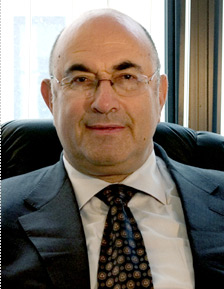 (co-author) Elkhonon Goldberg, Ph.D., is an author, scientist, educator and clinician, internationally renowned for his clinical work, research, writing and teaching in neuropsychology and cognitive neuroscience. Dr. Goldberg is a Clinical Professor, Department of Neurology at New York University School of Medicine, and Diplomate of The American Board of Professional Psychology in Clinical Neuropsychology. A student and close associate of the great neuropsychologist Alexander Luria, Dr. Goldberg has continued to advance Luria’s scientific and clinical tradition, and written popular science books such as The Executive Brain: Frontal Lobes and The Civilized Mind and The Wisdom Paradox: How Your Mind Can Grow Stronger As Your Brain Grows Older.
(co-author) Elkhonon Goldberg, Ph.D., is an author, scientist, educator and clinician, internationally renowned for his clinical work, research, writing and teaching in neuropsychology and cognitive neuroscience. Dr. Goldberg is a Clinical Professor, Department of Neurology at New York University School of Medicine, and Diplomate of The American Board of Professional Psychology in Clinical Neuropsychology. A student and close associate of the great neuropsychologist Alexander Luria, Dr. Goldberg has continued to advance Luria’s scientific and clinical tradition, and written popular science books such as The Executive Brain: Frontal Lobes and The Civilized Mind and The Wisdom Paradox: How Your Mind Can Grow Stronger As Your Brain Grows Older.
 (with) Pascale Michelon, Ph.D. in Cognitive Psychology, is a scientist, educator and writer. Dr. Michelon started her career as a Research Scientist at Washington University in Saint Louis where she conducted behavioral and neuroimaging studies to better understand how the brain processes and memorizes visual information. She is now an Adjunct Faculty at Washington University.
(with) Pascale Michelon, Ph.D. in Cognitive Psychology, is a scientist, educator and writer. Dr. Michelon started her career as a Research Scientist at Washington University in Saint Louis where she conducted behavioral and neuroimaging studies to better understand how the brain processes and memorizes visual information. She is now an Adjunct Faculty at Washington University.

